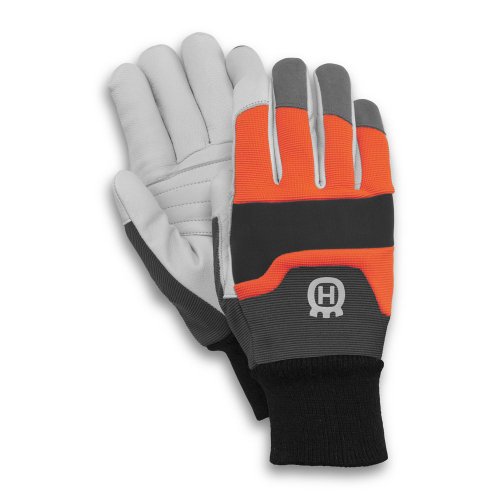HeatherwoldGard
New Member
Two week old Husky 450e with 18" bar. I grease the nose sprocket with red sprocket grease about every third or fourth fill of fuel and for the second time in two days, the bar nose sprocket is jammed solid after a couple of hours of work.
I have to strip the bar down and dig around the sprocket removing loads of crud before it starts spinning up again.
Never had any issues with my old Stihl (no grease hole so didn't need to grease up)
Was I wrong in following Husky's advice on greasing and shouldn't have bothered?
Or is there something I'm doing wrong here guys?
I have to strip the bar down and dig around the sprocket removing loads of crud before it starts spinning up again.
Never had any issues with my old Stihl (no grease hole so didn't need to grease up)
Was I wrong in following Husky's advice on greasing and shouldn't have bothered?
Or is there something I'm doing wrong here guys?























































